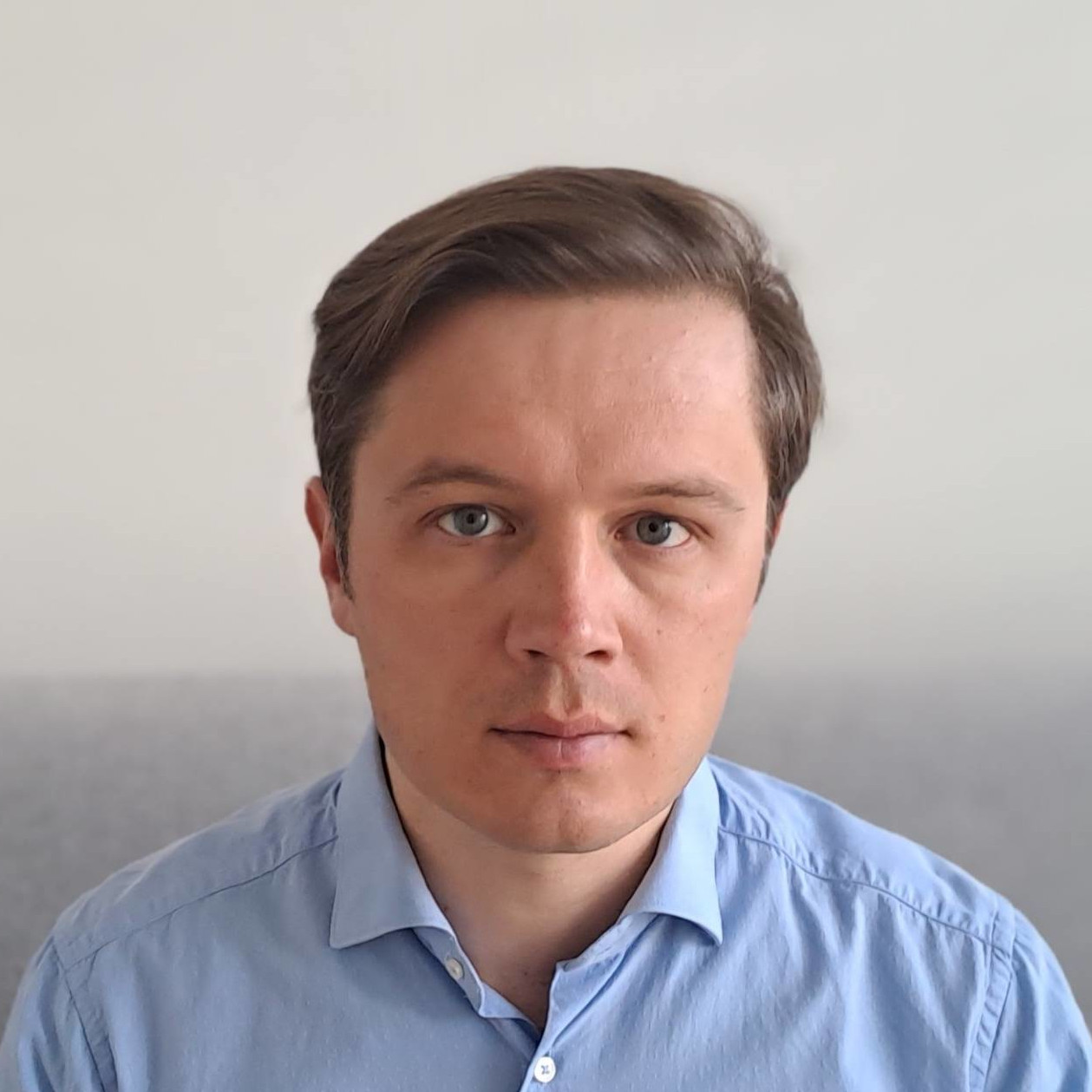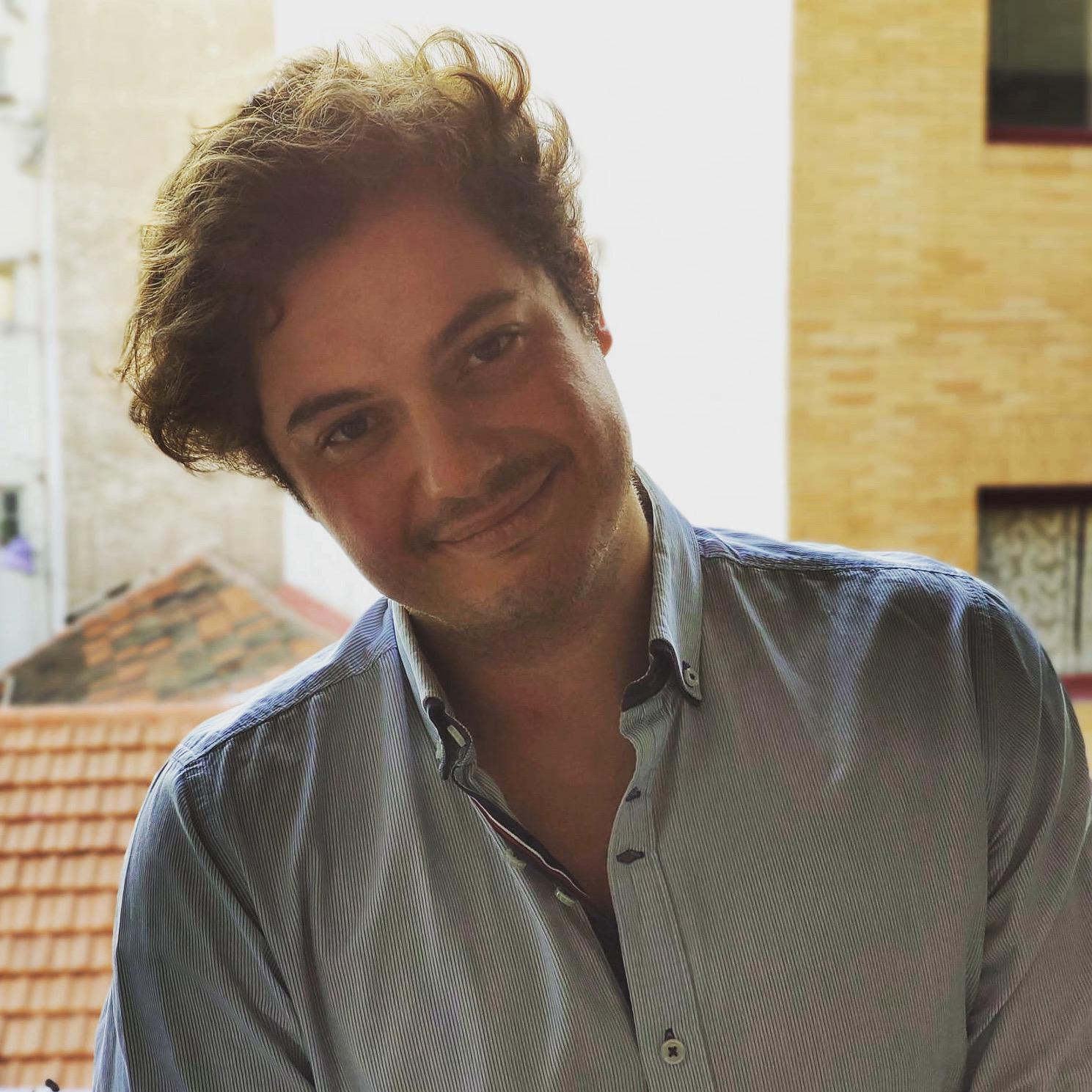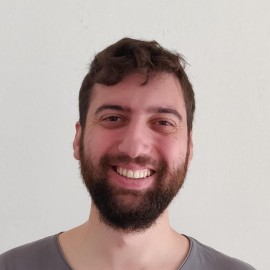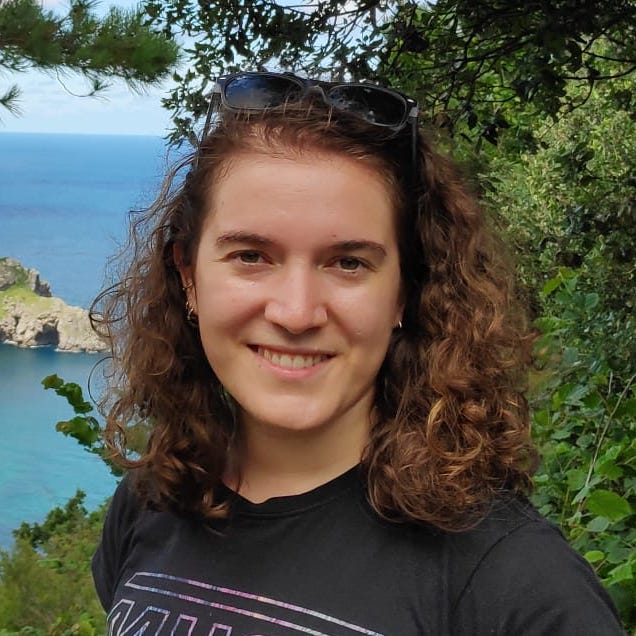From Ontop to Ontopic: a virtual-first perspective on knowledge graph construction Benjamin Cogrel
In this keynote, I will present the journey from the research group at the Free University of Bozen-Bolzano developing Ontop, an open-source virtual knowledge system, to Ontopic, a company dedicated to bringing this technology to the industry. I will discuss our take on knowledge graph construction and mappings, which led us to build our first product, Ontopic Studio, a no-code R2RML mapping editor. In particular, I will highlight what is essential for building efficient virtual knowledge graphs and explain how we extend the existing standards to address advanced needs. To conclude my talk, I will share important lessons we learned from industry and discuss current trends.
About the speaker

Benjamin Cogrel is CTO and co-founder of Ontopic, a spin-off from the Free University of Bozen-Bolzano specialized on Virtual Knowledge Graphs and Knowledge Graph Construction. He is also one of the main developers of Ontop, the most popular open-source Virtual Knowledge Graph engine. Prior to founding Ontopic, Benjamin was a postdoc from 2014 to 2019 at the Free University of Bozen-Bolzano, where he worked on Virtual Knowledge Graphs and brought important contributions to Ontop. He received his PhD in Computer Science at the University of Paris-Est in 2013.




